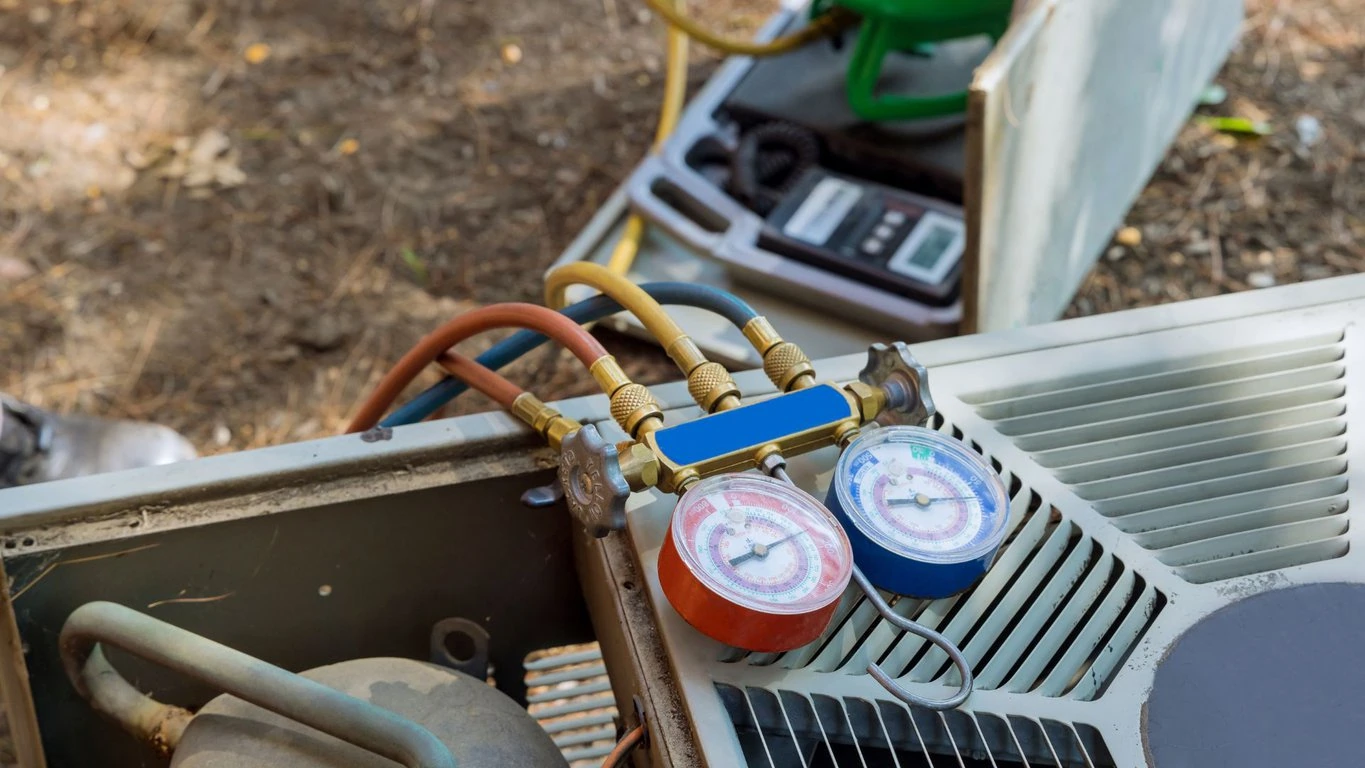Introduction:
Heating, Ventilation, and Air Conditioning (HVAC) systems are the backbone of comfortable living spaces. Whether in a commercial or residential setting, maintaining these systems is vital for optimal performance. Regular HVAC maintenance ensures energy efficiency, indoor air quality, and the longevity of the system. This guide delves into the importance of HVAC maintenance, the benefits it offers, and the various maintenance tasks required to keep your system running smoothly.
Benefits of Regular HVAC Maintenance:
Regular HVAC maintenance offers an array of benefits beyond the mere operational health of the system. Enhanced indoor air quality is one key advantage. Maintenance tasks, such as filter changes and cleaning, remove allergens and pollutants, promoting healthier indoor air.
Efficiency in energy consumption is another significant benefit. Well-maintained systems operate at peak efficiency, reducing energy waste and, consequently, cost. This not only saves money but also makes the building more environmentally friendly.
The longer lifespan of the HVAC system is yet another advantage. Preventative maintenance helps avoid costly repairs and premature replacements, ultimately reducing the environmental impact of manufacturing new equipment.
Outdoor Unit Maintenance:
The outdoor unit, or condenser, requires specific attention. Keeping it clean and free from debris is crucial for efficient operation. Regular inspection and cleaning of the condenser coil prevent dirt and dust accumulation, which can hinder heat transfer.
Cleaning and Inspecting the Unit:
Condenser coil cleaning is a pivotal aspect of maintenance. Removing accumulated dirt and debris helps prevent reduced efficiency and potential system issues.
Ensuring Proper Electrical Connections:
Tightening and inspecting electrical connections prevent system malfunctions and hazards.
Checking Gas Pressure:
Gas pressure checks are a critical maintenance step best handled by professionals to prevent potential hazards and ensure accuracy.
Monitoring Temperature and Strain:
Proper temperature regulation prevents excessive strain on the system, ensuring a comfortable environment.
Indoor Unit Maintenance:
The indoor unit requires cleaning, filter replacement, and inspection of electrical connections to maintain efficient operation.
Cleaning and Replacing Air Filters:
Regular cleaning and replacement of air filters are vital for system efficiency and indoor air quality.
Checking Refrigerant Levels and Lines:
Regular checks ensure proper refrigerant levels, preventing energy inefficiency and environmental harm.
Inspecting Heat Exchanger and Condenser Coil:
Regular inspections ensure safety, efficiency, and performance of the system.
Other Components to Maintain:
Apart from the usual maintenance, tasks such as cleaning condensate drains and ensuring proper electrical connections, are vital for overall system health.
Programmable Thermostats:
The efficiency and customization provided by programmable thermostats offer energy-saving benefits through scheduled temperature adjustments.
Preventative Maintenance Plans:
Implementing preventative maintenance plans minimizes equipment breakdowns, extends equipment lifespan, and helps identify potential issues before they become major problems.
Proper Airflow Throughout Home:
Maintaining proper airflow through cleaning filters, sealing ducts, and balancing the system ensures a comfortable environment and reduces system strain.
Conclusion:
HVAC maintenance offers a myriad of benefits, including energy efficiency, reduced energy bills, and the prevention of costly repairs. Regular maintenance ensures a healthy environment and comfort. By investing in HVAC maintenance, expect your system to run optimally, saving money and ensuring a comfortable and healthy living or working environment.

